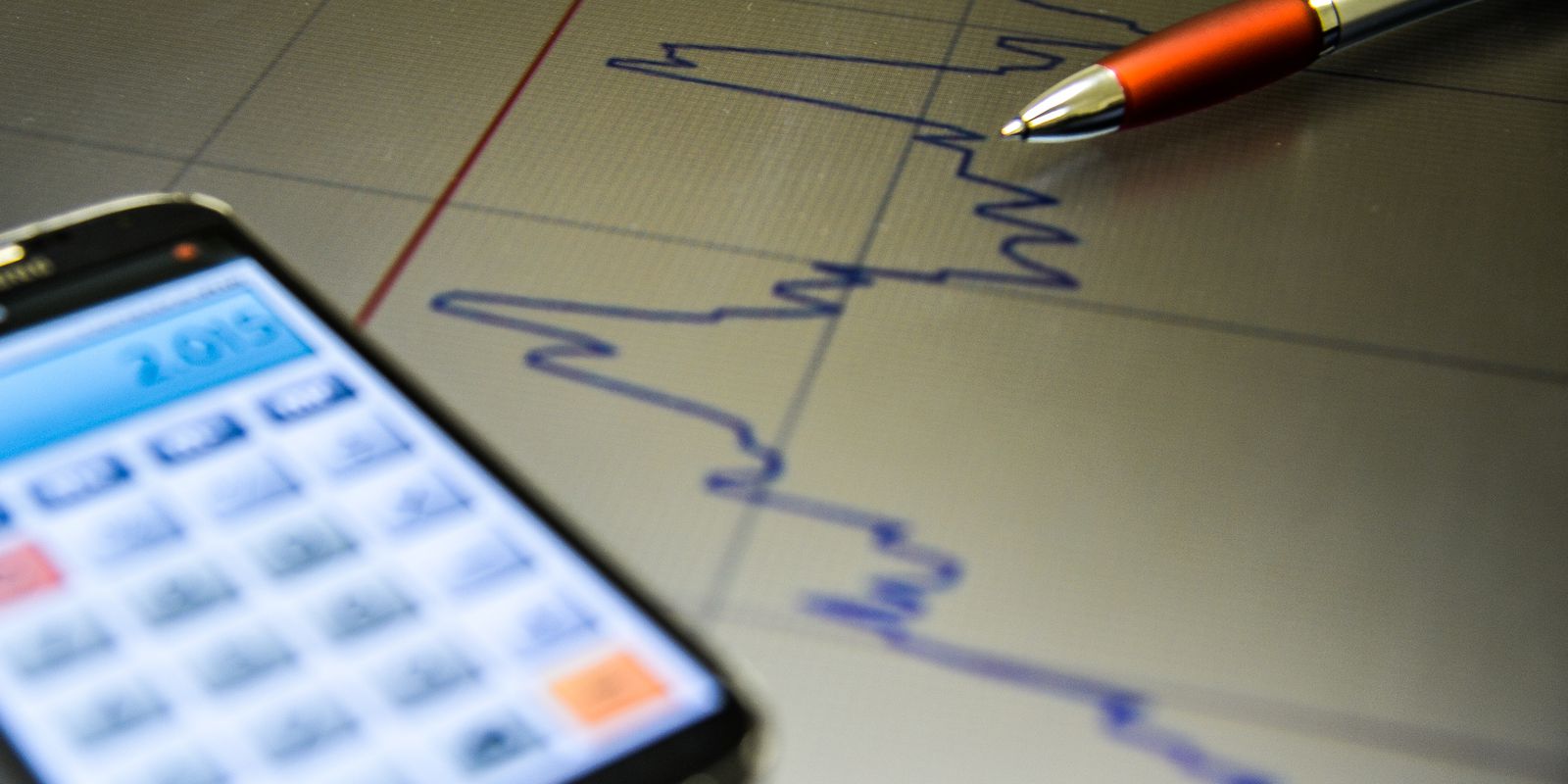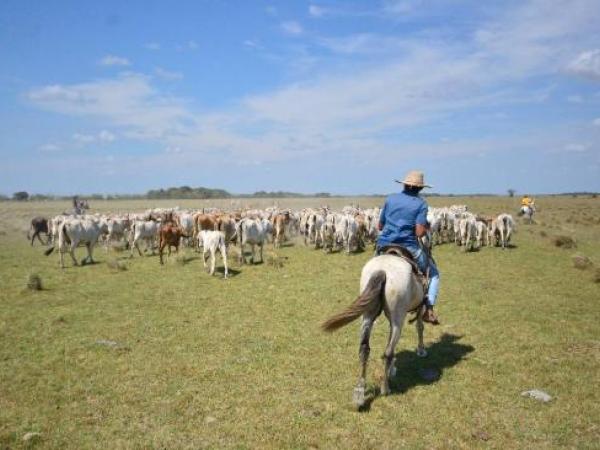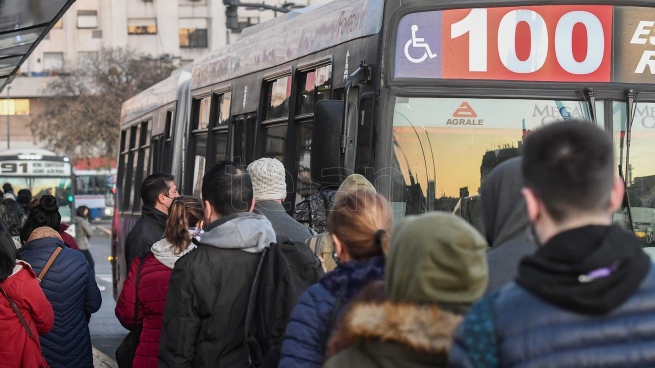For the first time in 9 years, the Union will be able to end the year with a primary surplus, said today (30) the Secretary of the National Treasury, Paulo Valle. He commented on the result of the Central Government’s accounts in July, which registered the biggest primary surplus for the month since the beginning of the historical series, in 1995.
“There is a strong possibility of a primary surplus in 2022”, said the secretary. “We are getting back on track and returning to pre-crisis fiscal 2015 results,” added Valle. Since 2014, the Central Government – National Treasury, Social Security and Central Bank – has registered primary deficits.
Established at the end of the 1990s, the primary surplus represents the saving of resources without considering the interest on the public debt. Each year, the Budget Guidelines Law (LDO) sets a primary surplus or deficit target that must be met by the Union, local governments and state-owned companies.
According to the results released today, the Central Government accumulates a primary surplus of R$ 73.088 billion in the first 7 months of the year. In the accumulated in 12 months, the positive result reaches R$ 115.6 billion. According to the Secretary of the National Treasury, in August this result (in 12 months) should fall to R$ 90 billion, due to the payment of precatories that had been postponed, but there is a chance that the account will end the year with a surplus, despite the increase in social spending planned for the second half of the year.
extraordinary factors
The increase in revenues in July was due to higher-than-expected receipts. The first was the payment of R$ 6.9 billion in dividends from Petrobras, referring to the second installment of the first-quarter profit. The second was the increase in income tax collection by companies that have profited more, especially with the rise in fuel prices.
Year-to-date, state-owned dividends contributed to reinforce the government’s cash by R$ 35.74 billion, mainly due to Petrobras’ profits. In addition, revenue from concessions increased by R$39.34 billion from January to July compared to the same period last year. The main reason was the privatization of Eletrobras, which made the government sell concessions for hydroelectric plants.
“It’s been a pretty above-average year, but impacted by this additional oil revenue,” said the Treasury secretary. He, however, said that about BRL 57 billion of higher-than-expected revenues are being returned to the population through exemptions on fuel and industrial products and through social benefits readjusted or created to face the rise in fuel prices.
Despite the forecast of a primary surplus in 2022, the Budget Guidelines Law (LDO) stipulates a primary deficit target of R$ 170.5 billion this year. At the end of July, the Bimonthly Income and Expenses Report reduced the deficit estimate to R$ 59.354 billion.
tax commitment
Despite atypical factors that are raising revenue, the Treasury secretary said that the possible primary surplus in 2022 stems from the economic recovery and the cut of some mandatory spending, after the pension reform.
“There has been a recovery in the economy, there has been an improvement in Social Security accounts, but there is also an increase in revenues related to oil prices. Part of this over-the-counter revenue was used for impact measures. These extra revenues had a positive impact, but economic activity has been improving and, in our projections, we are still on the path of fiscal consolidation,” he said.
Another factor that, according to the secretary, increases the chances of a primary surplus, is the decrease in spending on fighting covid-19. In the first 7 months of 2022, the volume of extraordinary credits fell by R$60.8 billion compared to the same period last year, in inflation-adjusted values. “If we exclude expenses with covid, there is a very stable trajectory of mandatory expenses”, explained Valle.
contingency
Regarding the provisional measures (MP) that postpone spending on culture and science and technology to 2023, Paulo Valle said that the texts will open space to decongest (unlock) part of the Budget. Yesterday (29), the government published an MP that transfers spending on the Aldir Blanc and Paulo Gustavo laws, approved to help the cultural sector affected by the pandemic, to next year.
Another MP, also published yesterday, limits the use of resources from the National Fund for Scientific and Technological Development (FNDCT) in 2022 and defers spending to subsequent years. The Treasury secretary did not present precise estimates, but said that at least R$3.8 billion that were scheduled for 2022 will be played for 2023, making room to unlock part of the Budget.
At the end of July, the government had blocked BRL 6.739 billion from the Budgetwhich brought the total amount of resources allocated in 2022 to R$12.736 billion. Most of these funds correspond to the rapporteur’s amendments to the Budget, but sectors such as higher education also suffer from budget cuts.















